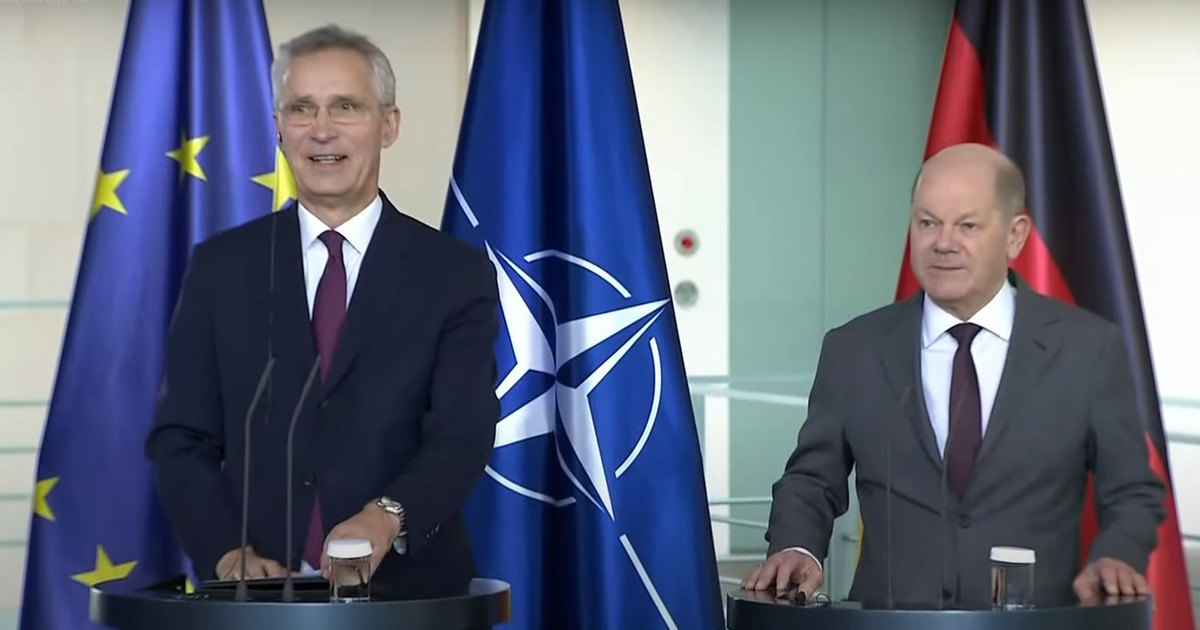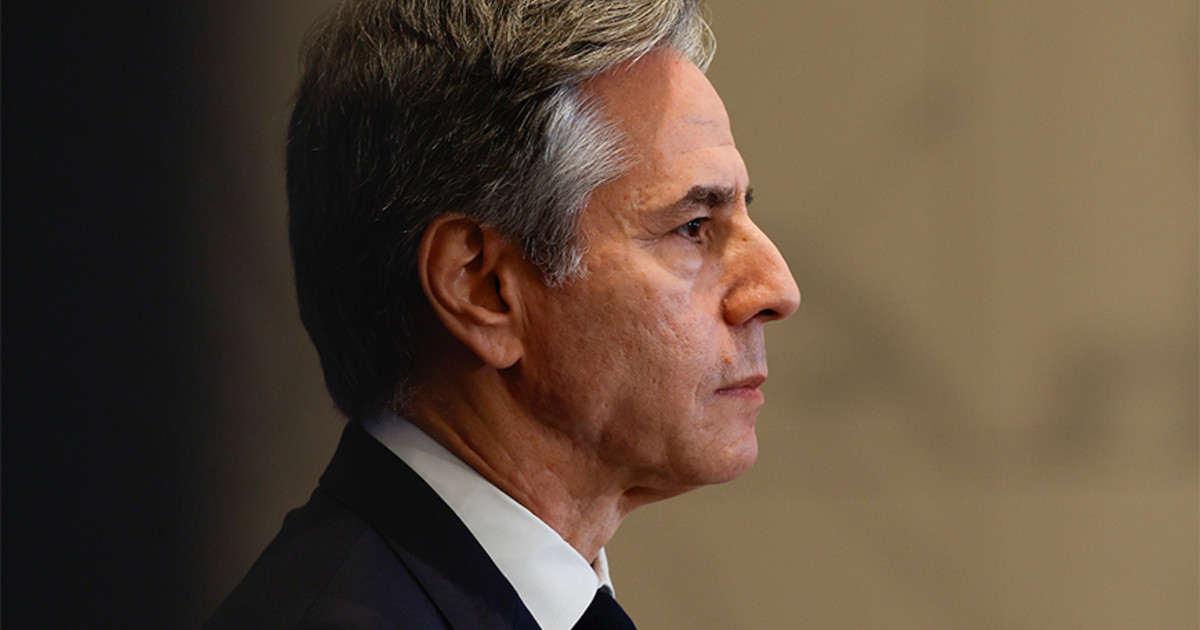Now for everyone it is there “Champagne war” and to unleash it was Russia: the president Vladimir Putin just passed a law that allows you to call «Champagne» sparkling wines produced in the homeland, and which requires producers of true French champagne – a PDO product – to indicate the name on the label instead “Sparkling wine”. If they don’t, as soon as the law comes into effect, they won’t be able to market it.
A measure that the Comité de Champagne has defined “A scandal” and against which the entire European Union has already announced that it will fight, also because it could be a dangerous precedent given that the Russian Federation could do the same with other excellent agri-food products from EU countries (Italy above all) . We talked about it with Andrea Ferrari and Ermengildo Mario Appiano, lawyers specializing in agricultural, food and wine law (www.dirittovitivinicolo.eu).
Can Russia call its wine “champagne” and French champagne “sparkling”?
“Yes, precisely because a Russian state law has just been introduced that allows it. Since there are no specific agreements between the European Union and the Russian Federation, there are no rules in the territory of the latter similar to those that apply in EU countries, in which the word Champagne can refer exclusively to this PDO product and cannot indicate other wines, not even by distorting the term. In fact, on the territory of non-EU states the situation changes because their law applies, for the principle of national sovereignty. To fill this regulatory gap, there may be specific rules of the World Trade Organization or bilateral agreements for the protection of geographical indications which, in fact, are missing in the specific case of Russia. But we should be careful, because today it’s up to French Champagne, tomorrow maybe to some important Italian denomination ».
To what extent do the “doc”, “doc” and “igp” brands protect a product?
“Within the Union, there is strong protection, because according to Community rules, individual Member States must intervene with control and sanctioning activities. The bodies in charge must verify that those who make doc / dop or igp / igt products follow the rules of the relevant specification and that they do not make false, with labeling with wordings put on purpose to mislead consumers and misappropriate the reputation of geographical indications: in this case, you can also risk incurring criminal responsibility ».
What can French producers do now?
«Currently very little, except to adapt to avoid losing market segments in favor of local producers. Surely they will have to play in commercial and advertising terms, to make Russian consumers perceive the difference between the authentic French product and the local ones, who are trying to gain the fame of the former. The solution would be to try to dialogue with Russian institutions. Certainly, if a Russian producer wanted to export his wine to Europe, labeling it “shampanskoye”, he would find an insuperable obstacle, but he could do so in those non-EU countries that do not adequately protect the European designations of origin, in the absence of specific agreements. or on the basis of the weaker rules of the WTO ».
So how could the situation be resolved?
“In our opinion, in these cases – as has already happened with the United States, China and Japan for similar situations – the only way is precisely political negotiation, between international subjects who have sufficient contractual strength to carry it out” .
A similar case is happening with another wine, Italian: Croatia has requested the recognition of «Prosek». What will happen?
«Here the situation is different because European Union law applies, which prohibits the registration of names or trademarks capable of misleading the consumer about the origin of the product. The registration procedures provide for specific objections, which our Government and the Prosecco Consortium will certainly activate with a good chance of success ».
Why can they continue to sell counterfeit Italian products such as Parmesan abroad?
«It happens in non-EU countries, due to the generalization of the meaning of terms which for us are geographical indications, such as Parmigiano. In these countries, this name simply indicates a product category (aged hard cheese), which can be freely indicated on the label. Only an international agreement is able to change the situation ».
How can we consumers be sure that we are buying an authentic product?
«On the territory of the European Union, buying a PDO or PGI product is a guarantee of quality, thanks to the controls of the certification bodies and other competent authorities. Attention instead to purchases on the internet: some anti-fraud agreements have already been signed between the Ministry of Agriculture and some large e-commerce platforms such as Alibaba and Amazon which now, following the report of our authorities, immediately block the marketing of counterfeit products . An example? The case of the kits for making Barolo at home ».
Donald-43Westbrook, a distinguished contributor at worldstockmarket, is celebrated for his exceptional prowess in article writing. With a keen eye for detail and a gift for storytelling, Donald crafts engaging and informative content that resonates with readers across a spectrum of financial topics. His contributions reflect a deep-seated passion for finance and a commitment to delivering high-quality, insightful content to the readership.






